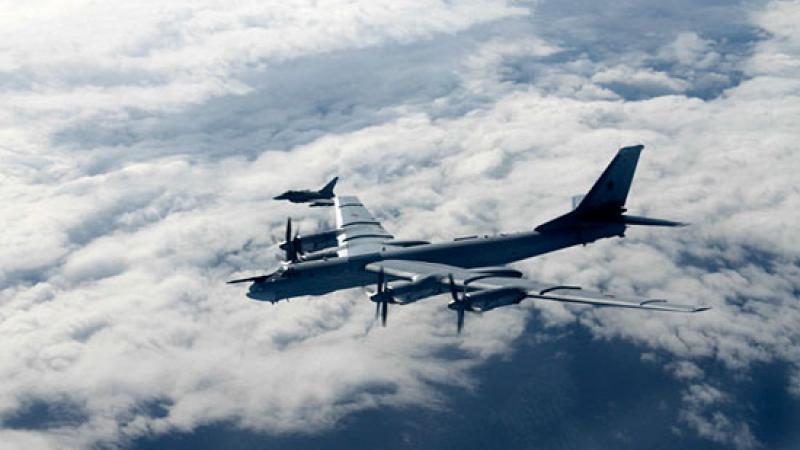North Korea appears to have resumed nuclear reactor operation, int'l atomic watchdog agency
The findings were made in an International Atomic Energy Agency report.
North Korea has apparently restarted its main nuclear reactor used to produce weapons fuels, according to the United Nations' atomic agency.
The annual report by the International Atomic Energy Agency dated Friday refers to a 5-megawatt reactor at the country's main nuclear complex, in Yongbyon, north of Pyongyang, according to the Associated Press.
The isolated country been trying for years to develop a nuclear arsenal and has publicly fired missiles to show it's testing ways to deliver a nuclear warhead.
The reactor produces plutonium, which along with highly enriched uranium is one of the two key ingredients used to create nuclear weapons.
IAEA report states that discharge of cooling water since early July that is consistent with the operation of the reactor is at least one indication operations at Yongbyo have restarted.
The report also states the rogue nation’s nuclear activities "continue to be a cause for serious concern. Furthermore, the new indications of the operation of the 5-megawatt reactor and the radiochemical laboratory are deeply troubling," the wire service also reports.
The IAEA has not had access to any North Korea locations since the country kicked out agency inspectors in 2009.
The agency said it uses satellite imagery and open source information to monitor developments in North Korea’s nuclear program.
In early 2019, North Korean leader Kim Jong Un offered to dismantle the entire complex if he won extensive sanctions relief during a summit with then-President Trump.
But the Americans rejected Kim’s offer because it would only be a partial surrender of his nuclear capability.
North Korea is believed to be running multiple other covet uranium enrichment facilities. In recent months, North Korea has warned it would expand its nuclear program if the United States doesn’t withdraw its “hostile” policy on the North, in an apparent reference to U.S.-led sanctions and regular U.S.-South Korean military drills, the Associated Press also reports.














